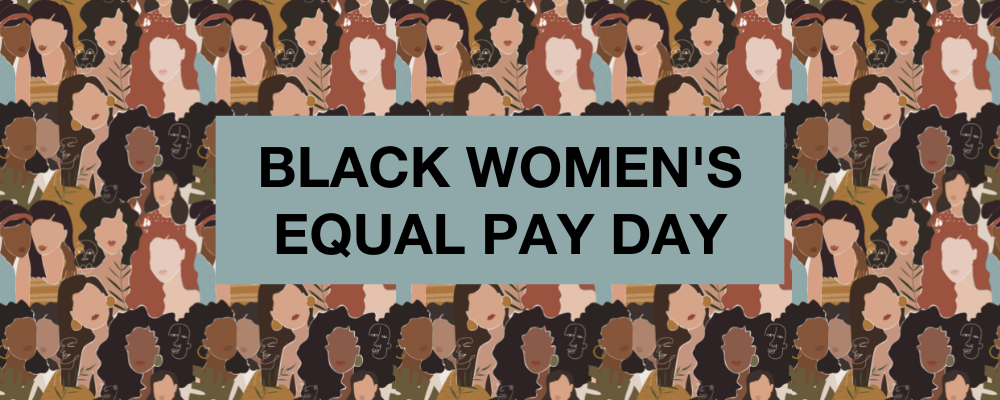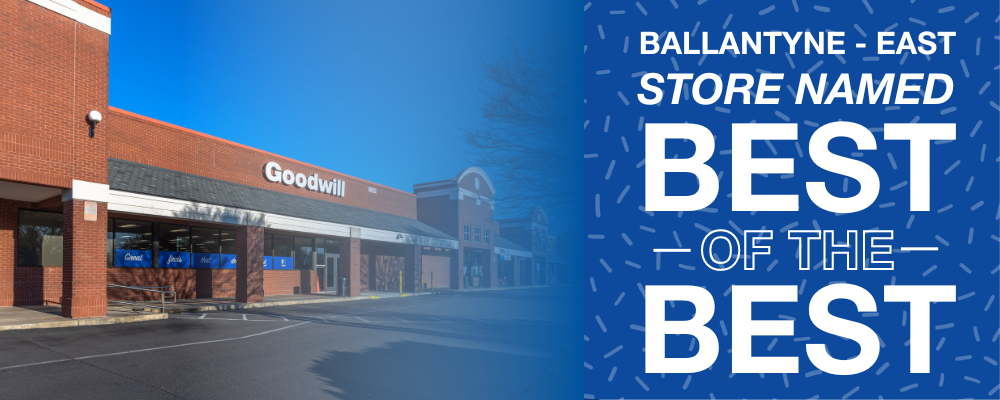by Dr. Dana McDonald, Vice President of Talent Development
September 21, 2022 – the day that Black women earn the same amount of income white, non-Hispanic men earned for 2021. In other words, a Black woman works 20 months to earn the same amount a White, non-Hispanic man earns in 12.
At Goodwill Industries of the Southern Piedmont, we recognize, highlight and advocate for Black Women’s Equal Pay Day because it aligns with our vision – equitable access to career opportunities for all. We recognize that we cannot achieve full equity in the community without both racial and gender equity. Equal pay, closing the racial and gender wage gaps, is necessary for fully equitable access to careers.
Black women, and Latinas, sit in a particularly challenging position. They are especially impacted by intersecting injustices. On average, women earn $0.83 for every dollar white, non-Hispanic men earn. However, when you consider both gender and race, Black women earn $0.58 for every one of those dollars. Intersectional inequalities obviously compound racial and gender wealth gaps not only limiting access but also impeding wealth acquisition.
A number of factors contribute to the inequitable pay Black women experience (e.g. generational economic injustice disparities, inequitable access to education, etc.) with the cumulative impact being limited career access. Black women are more likely to work in low wage jobs like food service and health care assistance roles and less likely to hold jobs in higher paying fields like technology and advanced manufacturing. However, even when performing higher paying jobs, Black women still experience systemic racism and sexism leading to unequal pay.
At Goodwill Industries of the Southern Piedmont, we believe a multi-prong approach is critical to close the racial and gender wage gap. It will require advocacy, challenges at the local, state and federal levels to the systems, policies and practices that prevent Black women from receiving equal pay. It also requires community-based efforts to create access for Black women.
Goodwill works to address wage inequalities by building access to career pathways that help people pursue the life they want to achieve. We provide in-demand skills training for higher wage and high growth industries such as technology and construction. In addition to the training, we create social capital and access to employers to help people find jobs. By opening access, we support success for Black women at a level that often exceeds industry representation. For example, approximately 33% of the participants completing our construction skills training programs are women, the majority of whom are Black women. Over half of those completing our IT skills training programs are women, again, the majority of whom are Black women. However, we recognize that opening doors is only part of the solution. It also requires employers making an intentional effort to address systems and policies that prevent equal pay. We advocate for employers to make a concerted to provide equal pay across race, gender and ethnicity.
Today, we stand with all those advocating for equal pay across all groups. Today, we stand with Black women advocating for equitable access to career pathways and equal pay.








Join the Conversation